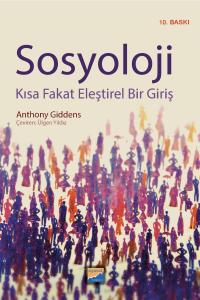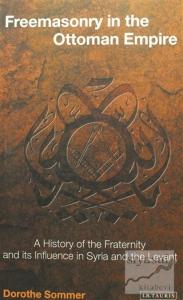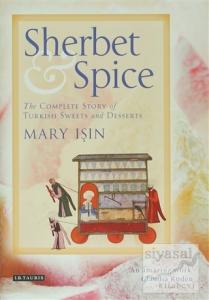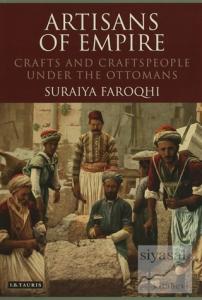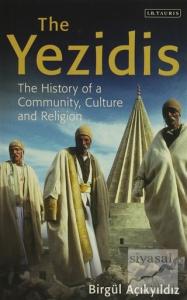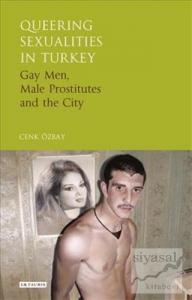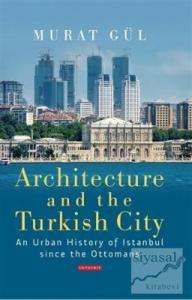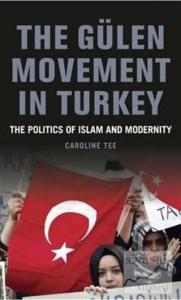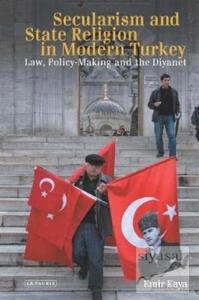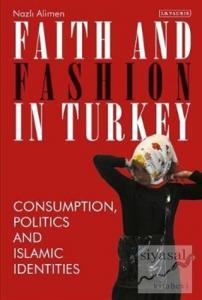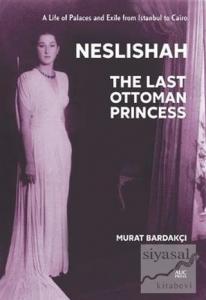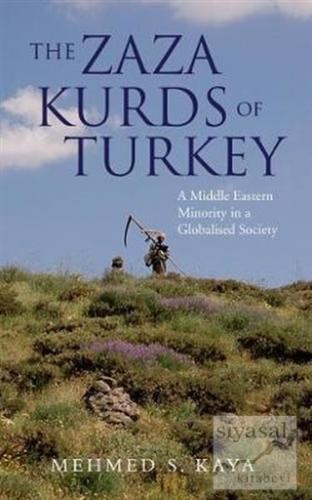
Turkey, at the very intersection between Europe and the Middle East, comprises a plethora of ethnicities and minority groups. There is however very little official data about many of its chief minorities. The Zazas are one such group: a Kurdish people speaking the Zaza dialect, and living as a distinct people in the eastern Anatolian provinces. Mehmet S. Kaya here investigates all aspects of Zaza life: kinship, economy, culture, identity, gender relations, patriarchy and religion. His fieldwork among local communities in the Zaza area sheds light upon the ways in which this Middle Eastern minority has maintained its way of life and cultural identity in today's globalised society. This book provides valuable insights into a little-known people, and will be of interest within the fields of Middle East Studies, Islamic Studies, Minority Studies and Diaspora Studies.
Turkey, at the very intersection between Europe and the Middle East, comprises a plethora of ethnicities and minority groups. There is however very little official data about many of its chief minorities. The Zazas are one such group: a Kurdish people speaking the Zaza dialect, and living as a distinct people in the eastern Anatolian provinces. Mehmet S. Kaya here investigates all aspects of Zaza life: kinship, economy, culture, identity, gender relations, patriarchy and religion. His fieldwork among local communities in the Zaza area sheds light upon the ways in which this Middle Eastern minority has maintained its way of life and cultural identity in today's globalised society. This book provides valuable insights into a little-known people, and will be of interest within the fields of Middle East Studies, Islamic Studies, Minority Studies and Diaspora Studies.










